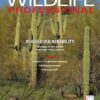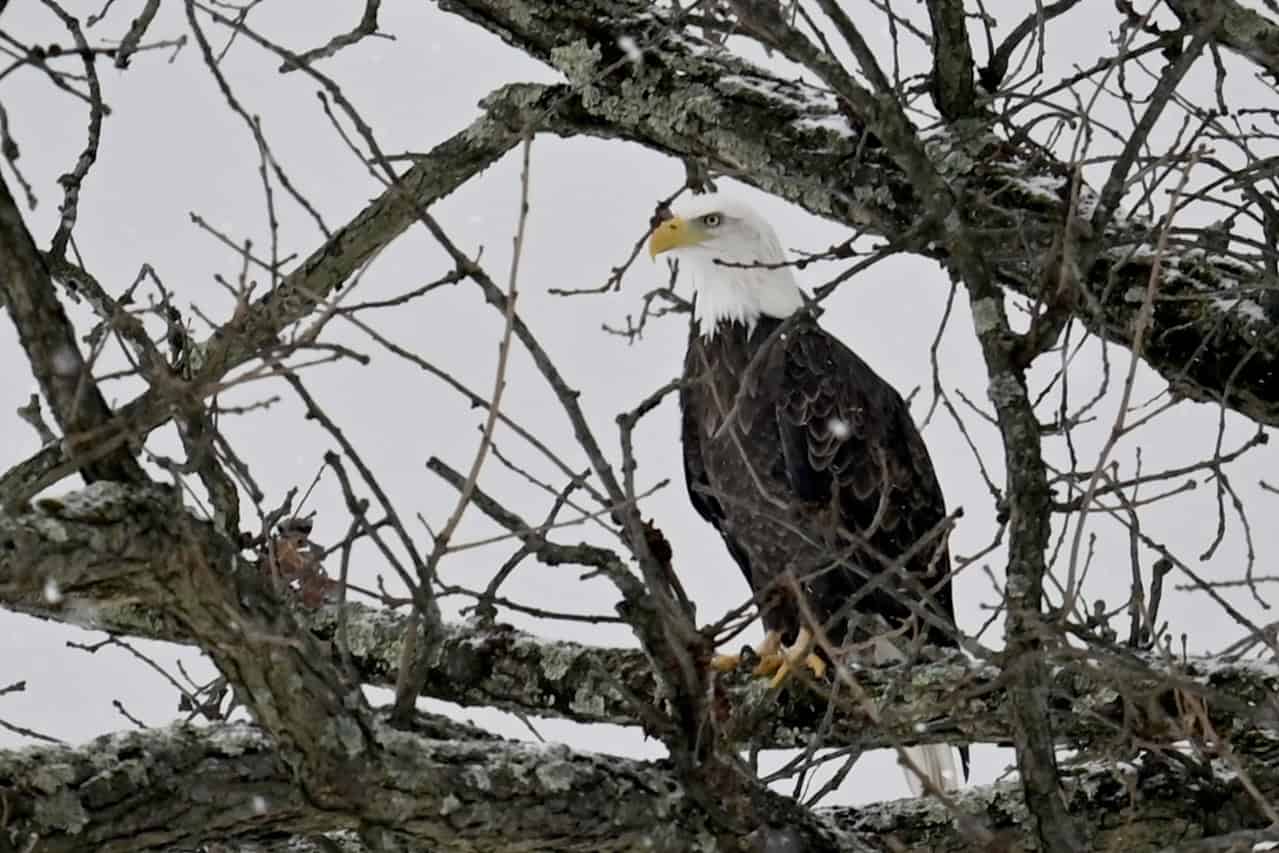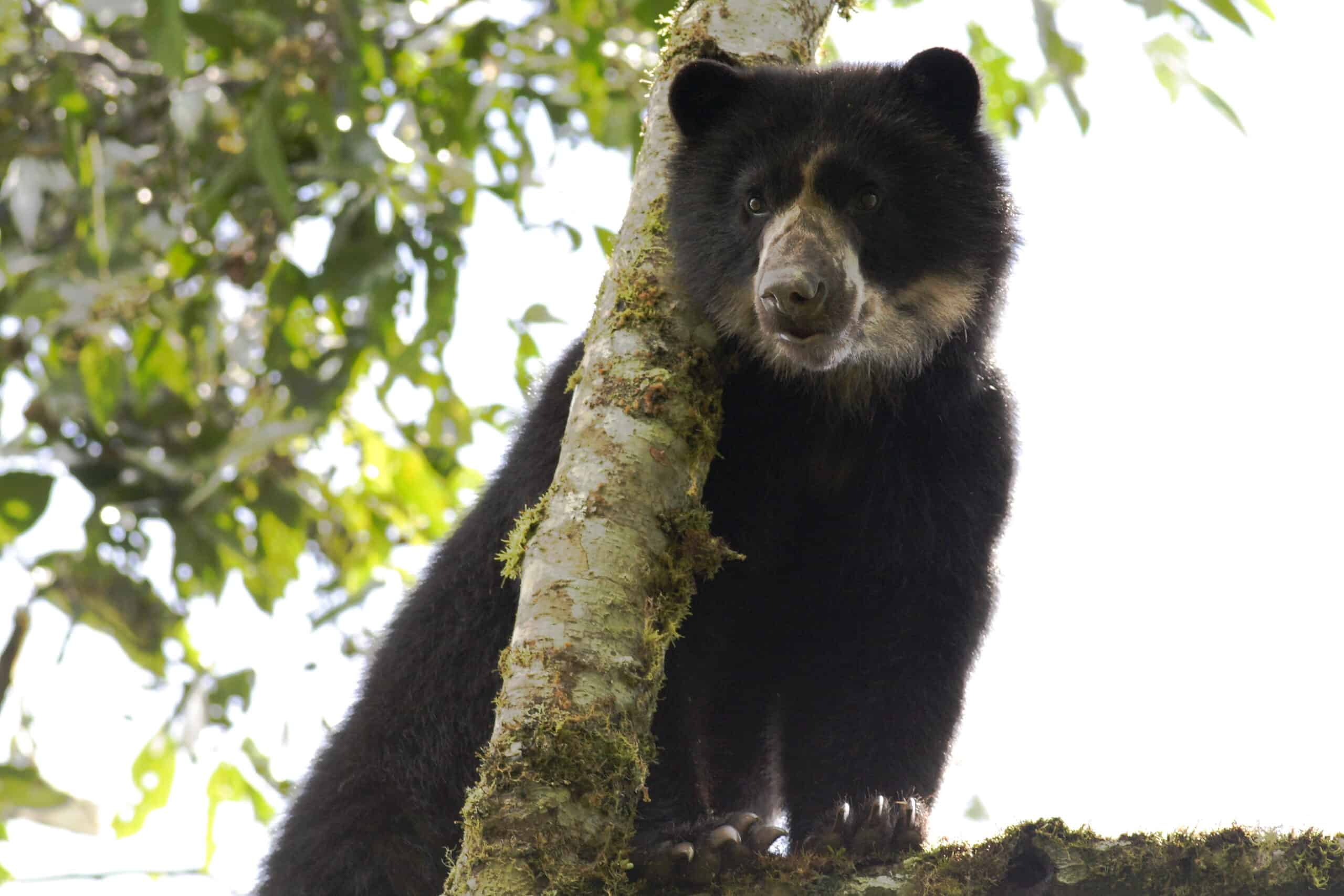Share this article
Wildlife Featured in this article
- Osprey
- Bald eagle
- Bobcat
- Green sea turtle
New Jersey seeks to remove bald eagles, ospreys from endangered list
Plans also call for downlisting the bobcat to threatened
New Jersey officials are proposing to remove bald eagles and ospreys from the state endangered species list. In a proposal published June 3, state Department of Environmental Protection officials say both birds’ populations have recovered to the point where their survival is no longer in jeopardy.
“The de-listing of eagles and ospreys is a milestone in the history of wildlife conservation in New Jersey and is a testament to the dedication of DEP professionals and volunteers who over the years stood watch over nests in all forms of weather, nurtured hatchlings, and worked tirelessly to educate the public about the importance of sustaining wildlife diversity,” said Environmental Protection Commissioner Shawn M. LaTourette, in a statement.
New Jersey’s bald eagle population has rebounded since the early 1980s, when the use of the pesticide DDT reduced the population to just one nest. In 2023, biologists counted a record 267 nesting pairs in the state.
Also affected by DDT, osprey nests dwindled to about 50 by the early 1970s. Last year, biologists for documented a record 800 nests.
“The recovery and de-listing of bald eagles and ospreys is a huge milestone for our state,” said Chief Kathy Clark, chief of the state Endangered and Nongame Species Program. “Many people have worked for years and decades to bring these species back from the brink, including biologists, volunteers, and all those who protect and steward habitat for rare wildlife.”
In addition to delisting bald eagles (Haliaeetus leucocephalus) and ospreys (Pandion haliaetus), New Jersey plans to downlist the bobcat (Lynx rufus) from endangered to threatened. Thirty species would see greater protections, including the green sea turtle (Chelonia mydas), tri-colored bat (Perimyotis subflavus), rusty-patched bumble bee (Bombus affinis) and King rail (Rallus elegans).
The proposed rule is open for public comment until Aug. 2.
Header Image: : A bald eagle perches in a tree in Sussex County, New Jersey. Credit: tay200 via iNaturalist








